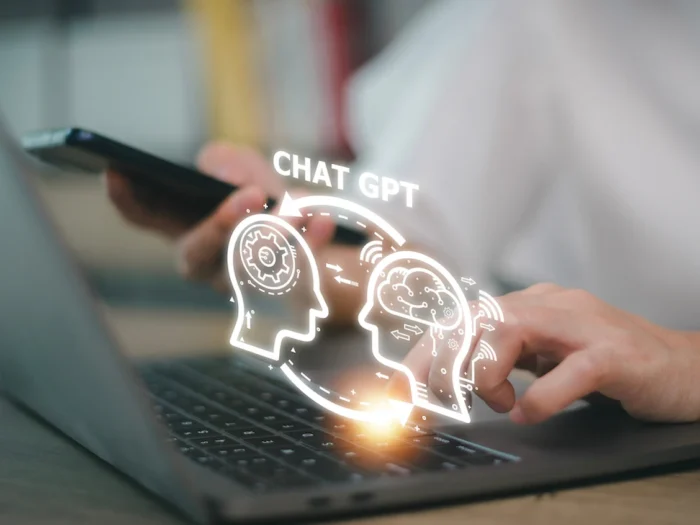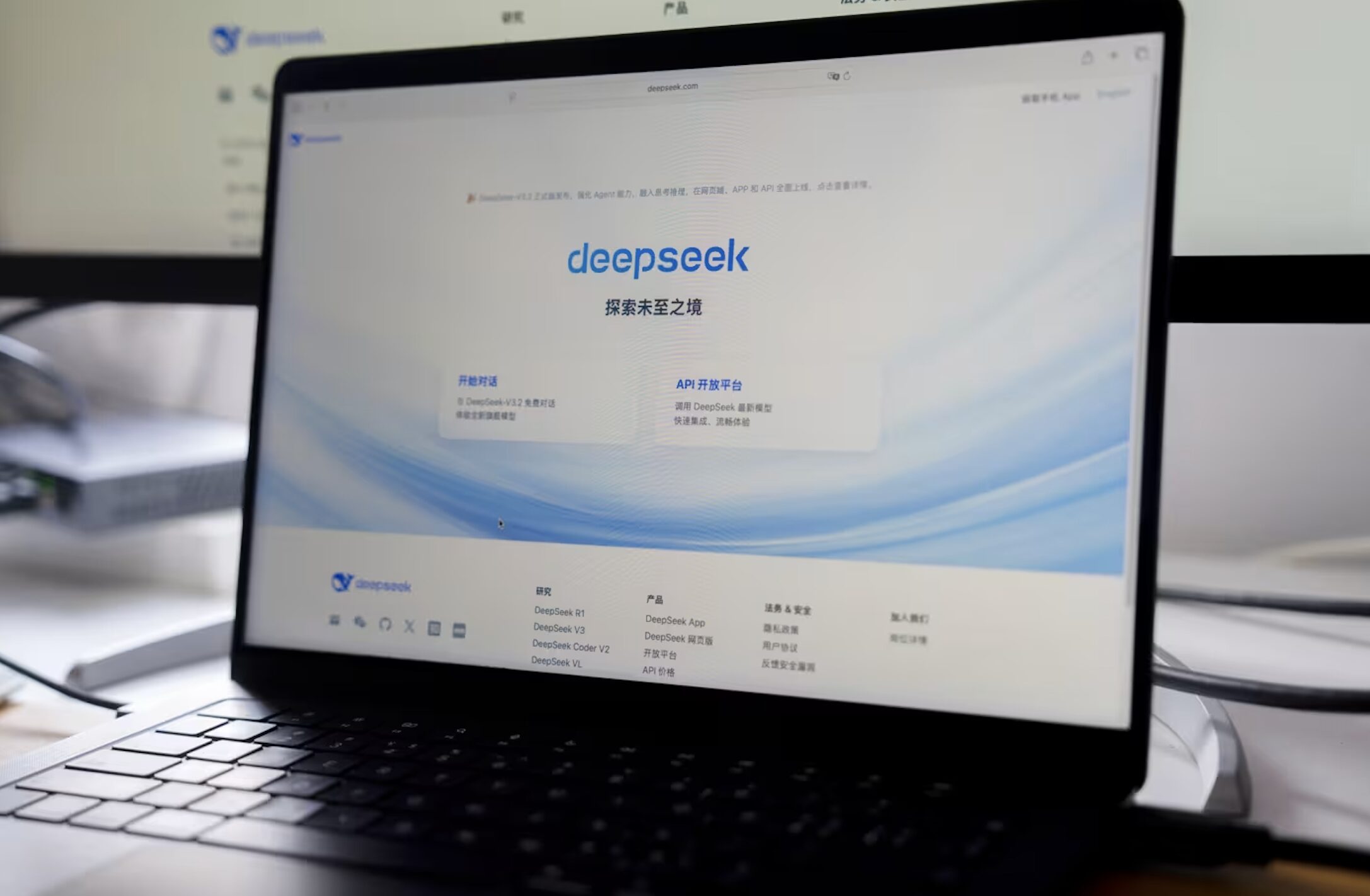
Dr. Sanjay Gupta: A New Way to Heal
Doctors have long prescribed pills and procedures. But for some people, that isn’t enough. Sanjay sits down with Julia Hotz, author of The Connection Cure, to explore the…
Thought Leader: Sanjay Gupta

Without question, there will be medical and scientific breakthroughs that transform the labour of decades into the work of days. Those with access to the most powerful AI tools will have opportunities to live longer, healthier, and more prosperous lives than human beings have ever experienced.
But there are also risks that we must think through and prepare for. The four most consequential of these involve disinformation, proliferation, displacement and replacement.
The ease with which malicious political actors, criminals and terrorists can create video illusions that fool even the most sophisticated viewer will make it far harder for political leaders and those who report the news to build and sustain credibility. China, Russia and other authoritarian states will develop more effective forms of digital propaganda that undermine freedom in profound and unprecedented ways, and they will sell these technologies to any government willing to pay for them.
I personally know a number of people who are now running their own large language models that use publicly available information to produce large amounts of text. In a field with an open-source culture and very few barriers to entry, that availability will spread far and wide quickly and easily. Millions of people will soon have their own GPT running on real-time data available on the internet.
On the labour front, we know the explosion of AI will displace untold numbers of workers as machines replace people (even in knowledge sectors) on a scale that most of us until recently thought impossible. It’s true that we have seen these upheavals before. Most recently, the surge in global trade of recent decades killed millions of manufacturing jobs in countries where workers earned relatively higher wages as factories moved to developing countries. Then, automation displaced manufacturing jobs more broadly.
Finally, there is the most personal aspect of this revolution: replacement. Humans will soon become much more accustomed to direct communication with machines. Instead of turning to simple bots for weather reports, we’ll rely on complex AI-driven machines for complex interaction and even companionship. We already know that excessive social media use can produce anxiety, depression and even self-harm for teenagers and isolated adults. This problem is about to become much larger as more people with anti-social tendencies build relations with increasingly sophisticated machines. This is AI’s most profound challenge, and it’s the one that policymakers are least prepared to meet.
Nothing separates us from these risks except easily solvable technical obstacles and time. Each of them will have to be addressed within families and communities, among public- and private-sector decisionmakers, and across borders — and the revolution has already begun.
National Post
Ian Bremmer is the president of Eurasia Group and GZERO Media and author The Power of Crisis.
Dr. Sanjay Gupta: A New Way to Heal
Doctors have long prescribed pills and procedures. But for some people, that isn’t enough. Sanjay sits down with Julia Hotz, author of The Connection Cure, to explore the…
Thought Leader: Sanjay Gupta
Mike Pence Talks Trump’s Foreign Policy
Former US VP Mike Pence discusses President Trump’s foreign policy with Greenland, Russia, and Ukraine. He says he commends President Trump on finding a framework…
Thought Leader: Mike Pence
Chris Miller: What We’ve Learned from the DeepSeek AI Shock
One Year After DeepSeek, America’s AI Lead Still Holds When Chinese AI lab DeepSeek released its R1 reasoning model last year, markets panicked. Nearly $1…
Thought Leader: Chris Miller

